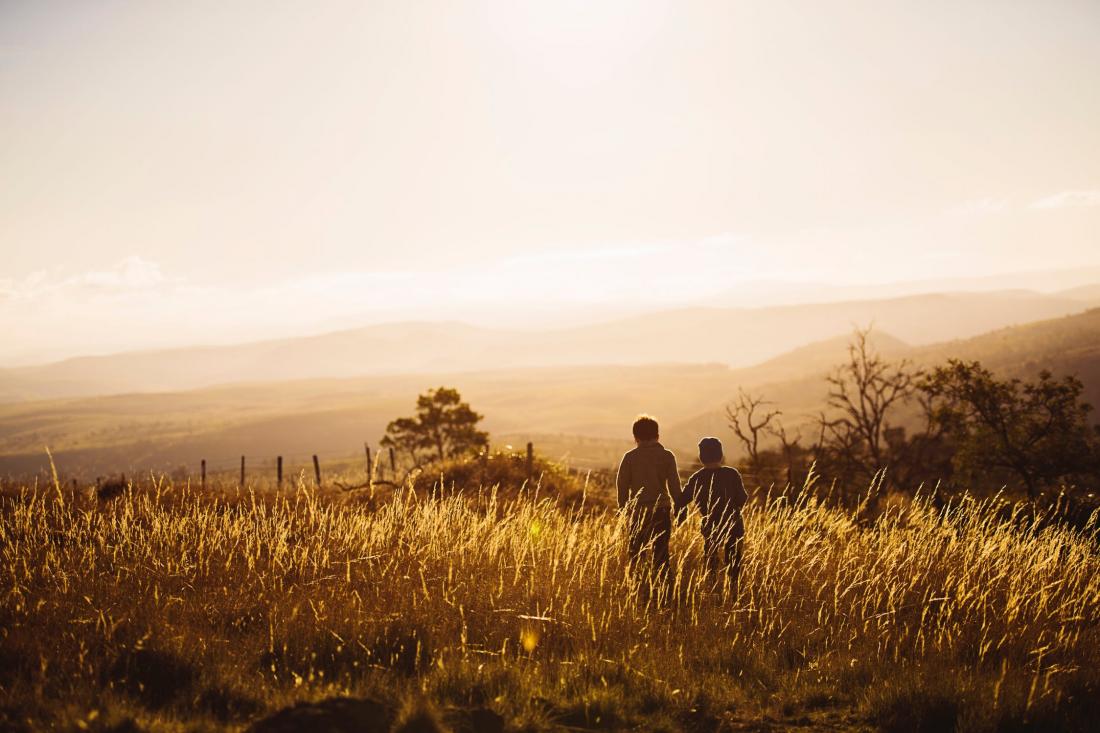
One way to protect an area of land from development is to register it as a town or village green, if you can meet certain criteria. Land that has been given ‘green’ status is protected from development and local residents are given the right to use it for recreational purposes.
Who can apply?
Anyone can apply to register land as a town or village green under s15(1) of the Commons Act 2006. Landowners can also apply to register their own land under s15(8). There is no charge for making either application.
How do you apply?
To make an application, you will need to complete and send a prescribed form to the Commons Registration Authority. This is normally your local county council, unitary authority, metropolitan district council or London Borough council.
You will need to use Form 44 unless you live in any of the following areas (the so-called ‘pioneer implementation areas’) where you must use Form CA9 instead:
-
Blackburn with Darwen
-
Cornwall
-
Cumbria
-
Devon (not Plymouth or Torbay)
-
Herefordshire
-
Hertfordshire
-
Kent (not Medway)
-
Lancashire (not Blackpool)
-
North Yorkshire
What land will qualify?
There is no legal distinction between town greens and village greens. Whether you register the land as one or the other simply depends on the location in which the green is situated. With either application, the following core requirement must be met:
“a significant number of the inhabitants of any locality, or of any neighbourhood within a locality, have indulged as of right in lawful sports and pastimes on the land for a period of at least 20 years”.
In other words, for a period of at least 20 years up to the date of the application, local residents must have had access to the land, for recreational use, without permission, force or secrecy.
This requirement applies to land across the whole of England, except the New Forest, Epping Forest and the Forest of Dean, which have special status and are exempt from registration.
What does ‘lawful sports and pastimes’ mean?
In addition to your usual sports, the courts have held that dog walking, playing with children, flying kites, tobogganing, fishing and even picking blackberries may fall within ‘sports and pastimes’.
What does ‘as of right’ mean?
Use of the land not by force, by stealth, by the permission of the landowner nor by legal right.
What counts as a ‘significant number of inhabitants’?
According to the courts, a ‘significant number’ need not be considerable nor substantial. It is a matter of impression for the decision-maker upon the evidence that has been provided in the application. What matters is that the number of people using the land is sufficient to indicate a general use of the land by the local community, rather than an occasional use by certain individuals.
What evidence must accompany Forms 44 and CA9?
Unless the land has already been registered as common land, you must accompany the form with an Ordnance Survey map and clearly identify the land by distinctive colouring (a coloured edging inside the boundary of the land may be the best method). The map must also be marked as an exhibit to the statutory declaration which accompanies the application.
You will need to justify your application by providing evidence of the nature and extent of use of the land. The evidence must show that the land has been used by a significant number of local residents for recreation as of right for at least 20 years. To do this, you will need to fill out a summary of the case on the form itself followed by a fuller statement of the facts supporting your application on separate paper. Here, you should include information on the nature of the recreational activities that have taken place on the land, an estimate of the number of people undertaking these activities and of their frequency, and then explain how this use has been ‘as of right’. Other types of evidence that can be used to prove this include witness statements, witness forms of evidence and photographs of the land.
Finally, you will need to provide the name and address of every person believed to be an owner, lessee, tenant or occupier of any part of the land claimed to be a town or village green (to the best of your knowledge).
Once your application has been submitted, the registration authority may decide to hold a hearing or inquiry. The purpose of the inquiry will be to establish and test the evidence for and against registration of the land.
If you would like to find out more about registering a town or village green, or if you need assistance with the registration process, please contact our Dispute Resolution Partner, Toby Walker, on 01494 893512.